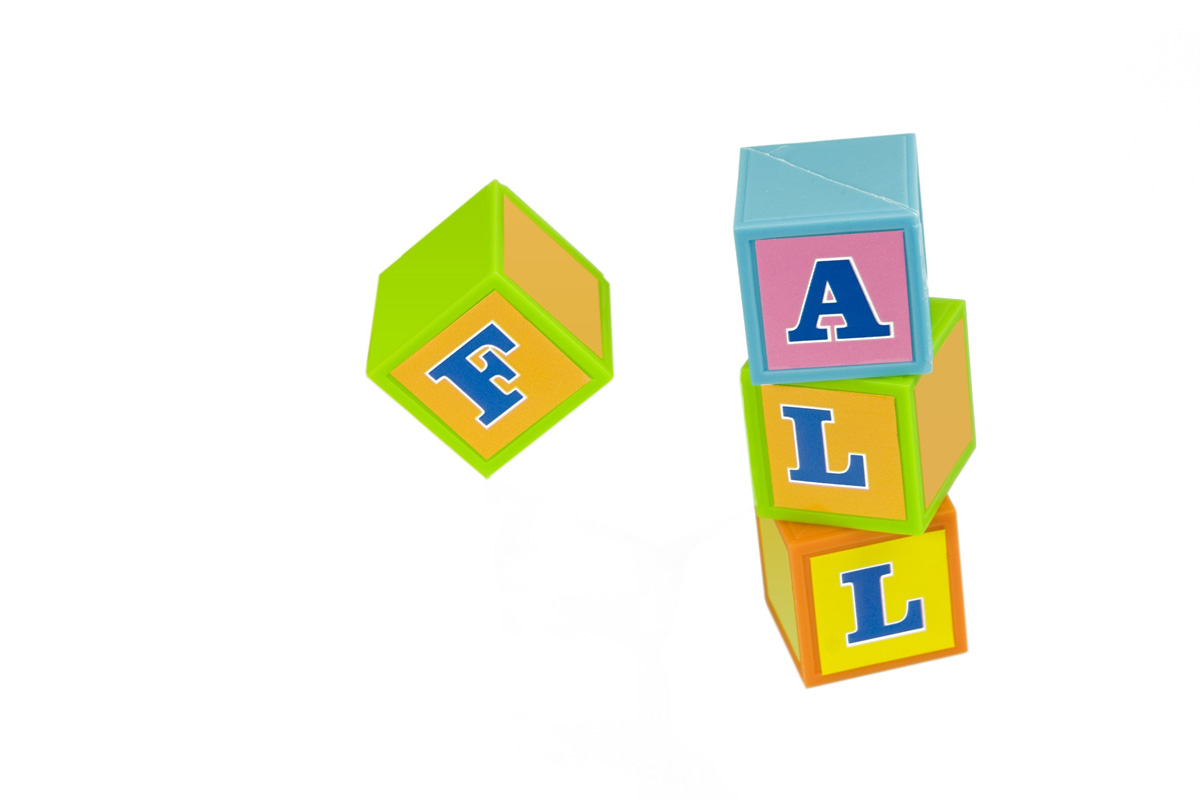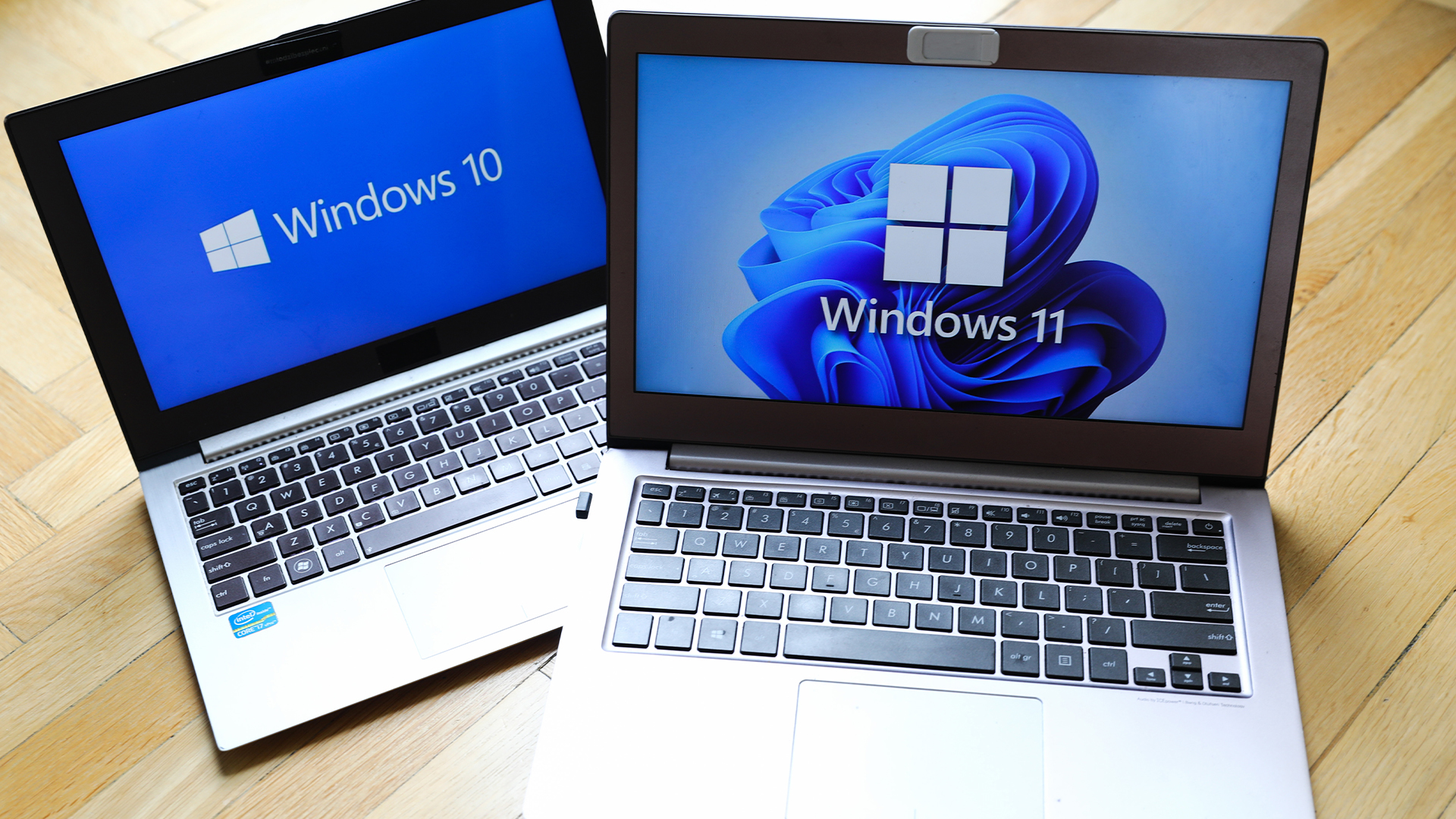Will Windows ever be toppled?
As Windows 7 sails successfully in the world, is Microsoft’s operating system set to dominate the market for decades to come? We take a look.

Sign up today and you will receive a free copy of our Future Focus 2025 report - the leading guidance on AI, cybersecurity and other IT challenges as per 700+ senior executives
You are now subscribed
Your newsletter sign-up was successful
With operating systems, it's going to be even tougher, not least because just the cost, time and all-round investment in coming up with such a product particularly when aiming into a mainstream space throws up massive barriers to entry.
This then leads to the tangible problem: just where is the rival to Windows coming from? The obvious answer to the question is Google, which even as these words are being written is hard at work preparing Chrome OS. Chrome is the first operating system backed by a major name in the consumer space at least - since arguably Corel decided to attempt a high profile boxed copy of Linux on shop shelves.
But even Google, with its massive resources, isn't taking on Windows head to head. Its efforts are more concentrated on changing how people see the role of an operating system entirely. If anything, it's attacking from the side.
As such, Google Chrome OS isn't attempting to recreate Windows' feature set at all. Instead, Google is looking to put out a free-of-charge operating system that will load up in double quick time, and you'll pull in your applications and data via cloud computing. The problem there is that the world's broadband infrastructure may not be up to the job for some time yet, and it also assumes that people want to move away from a Windows-style model, and from localised storage. But that's a big leap of faith, and as such, there's a general feeling that if Google managed to snare even five per cent of the market, it would have pulled off one of its greatest achievements.
Content
For despite all the negative press, and despite the general murmurings of discontent towards Windows, the heart of it is that few people have an appetite to change it. Linux is seen as the enthusiasts' choice, yet in the desktop market it still accounts for less than one per cent of overall use. In fact, the biggest act of anti-Microsoft rebellion, and admittedly one that does hurt the firm, has seen the vast majority of people refuse to upgrade or switch to Windows Vista. It's why Windows XP is the most used desktop operating system on the planet.
Arguably therefore, the only way that could possibly be foreseen that could knock Windows' dominance of the market if Microsoft somehow surrenders its position.
Sign up today and you will receive a free copy of our Future Focus 2025 report - the leading guidance on AI, cybersecurity and other IT challenges as per 700+ senior executives
-
 Hackers are pouncing on enterprise weak spots as AI expands attack surfaces
Hackers are pouncing on enterprise weak spots as AI expands attack surfacesNews Potent new malware strains, faster attack times, and the rise of shadow AI are causing havoc
-
 Boards are pushing for faster returns on AI investments, and tech leaders can't keep pace
Boards are pushing for faster returns on AI investments, and tech leaders can't keep paceNews AI projects are now being held to the same standards as any other business investment
-
 Windows 10 extended support costs could top $7 billion
Windows 10 extended support costs could top $7 billionNews Enterprises sticking with Windows 10 after the October deadline face huge costs
-
 Tiny11 review: Windows 11 with only 2GB of RAM
Tiny11 review: Windows 11 with only 2GB of RAMReview A version of Windows 11 for older machines that don't meet the full requirements
-
 Red Hat Enterprise Linux becomes foundational operating system for Cohesity Data Cloud
Red Hat Enterprise Linux becomes foundational operating system for Cohesity Data CloudNews New strategic partnership between Red Hat and Cohesity aims to drive innovation in the data security and management space
-
 Ubuntu shifts to four-week update cycle
Ubuntu shifts to four-week update cycleNews Critical fixes will also come every two weeks, mitigating the issues involved with releasing prompt patches on the old three-week cadence
-
 AlmaLinux follows Oracle in ditching RHEL compatibility
AlmaLinux follows Oracle in ditching RHEL compatibilityNews Application binary compatibility is now the aim with 1:1 now dropped
-
 How big is the Windows 10 cliff-edge?
How big is the Windows 10 cliff-edge?ITPro Network With some comparing the upcoming Windows 10 end of life to Windows XP, we ask members of the ITPro Network for their insight
-
 Everything you need to know about the latest Windows 11 updates - from bug fixes to brand-new features
Everything you need to know about the latest Windows 11 updates - from bug fixes to brand-new featuresNews Two new cumulative updates are on the way and will be installed automatically on Windows 10 and Windows 11 machines
-
 How to download a Windows 11 ISO file and perform a clean install
How to download a Windows 11 ISO file and perform a clean installTutorial Use a Windows 11 ISO to install the operating system afresh